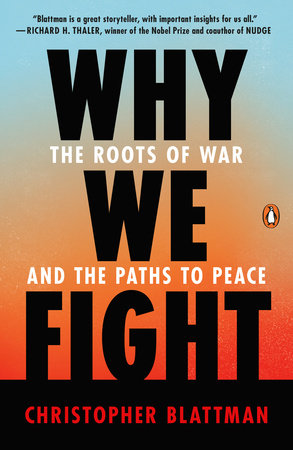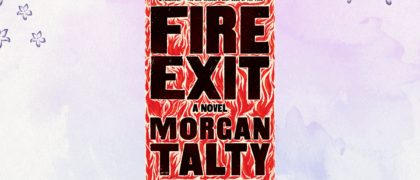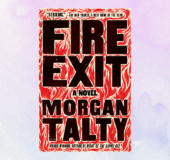By: Chris Blattman
I’m an economist by training, but I’ve spent much of my career in political science departments and public policy schools. I even married a psychologist, and we collaborate on a lot of our research. Nowadays, my work looks a lot like sociology.
In this book, I wanted to bring together decades of social science research on why we fight, not just on an international level, but also in our own cities. Interestingly, my day-to-day work has taken me from working on a civil war in northern Uganda to studying ethnic violence and the reintegration of ex-combatants in West Africa, and even to examining gangs and organized criminal conflict in places like Colombia and Mexico. Only recently have I shifted my focus to my home city of Chicago, trying to address problems of gun violence here.
What’s fascinating to me is that all the lessons I’ve learned from economics, political science, and sociology on why people fight at these lower levels have a lot in common with the ideas about why countries fight. Of course, as social scientists, it’s important to recognize and analyze the differences between different kinds of violence, but it’s also valuable to identify the common principles across the social sciences.
In the first half of the book, I discuss five big buckets, or five key logics, about why we fight, drawing on lessons from practical people on the ground as well as social scientific research. I’ve been teaching these concepts for years and have included links to syllabi, recorded lectures, slides, and assignments to make it easier for others to teach.
The second half of the book focuses on the secrets to successful societies and what we can do to achieve them, whether we’re individuals, cities, politicians, or part of a global community. Again, I draw on insights from the social sciences and lessons from practitioners.
I hope you enjoy reading my book and find it informative and thought-provoking.
Click the links below to:
Access sample syllabi, assignments, and slides
Access examples of applying the book to contemporary cases
Watch The New York Times’ Eduardo Porter interview Chris Blattman
Watch Raj Kumar of Devex interview Chris at the U.S. Institute of Peace






